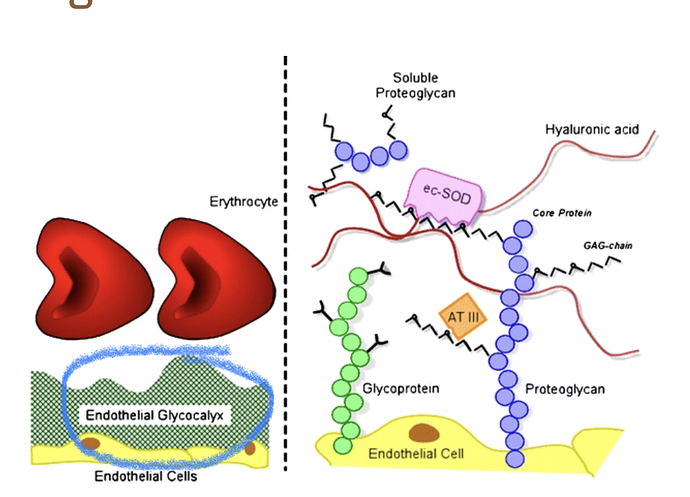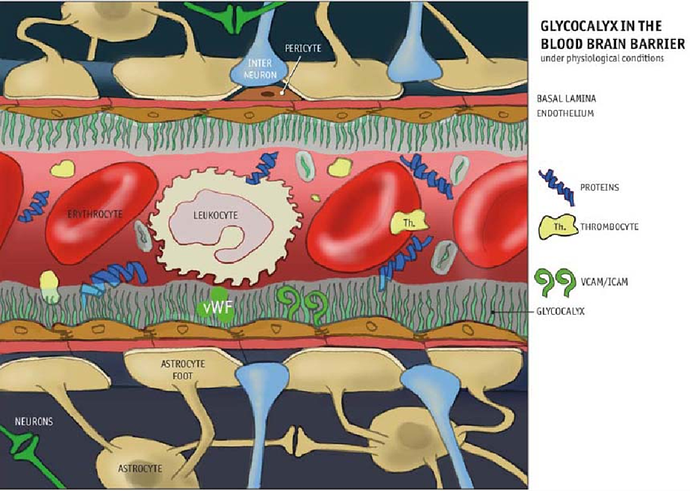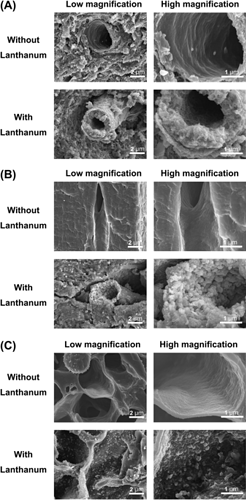https://ebm.bmj.com/content/early/2020/07/20/bmjebm-2020-111413.full
Abstract
Drug treatment to reduce cholesterol to new target levels is now recommended in four moderate- to high-risk patient populations: patients who have already sustained a cardiovascular event, adult diabetic patients, individuals with low density lipoprotein cholesterol levels ≥190 mg/dL and individuals with an estimated 10-year cardiovascular risk ≥7.5%. Achieving these cholesterol target levels did not confer any additional benefit in a systematic review of 35 randomised controlled trials. Recommending cholesterol lowering treatment based on estimated cardiovascular risk fails to identify many high-risk patients and may lead to unnecessary treatment of low-risk individuals. The negative results of numerous cholesterol lowering randomised controlled trials call into question the validity of using low density lipoprotein cholesterol as a surrogate target for the prevention of cardiovascular disease.
Discussion
This analysis highlights the discordance between a well-researched clinical guideline written by experts and empirical evidence gleaned from dozens of clinical trials of cholesterol reduction. It further underscores the ongoing debate about lowering cholesterol in general and the use of statins in particular. In this analysis over three-quarters of the cholesterol lowering trials reported no mortality benefit and nearly half reported no cardiovascular benefit at all.
The widely held theory that there is a linear relationship between the degree of LDL-C reduction and the degree of cardiovascular risk reduction is undermined by the fact that some RCTs with very modest reductions of LDL-C reported cardiovascular benefits while others with much greater degrees of LDL-C reduction did not (MEGA, ALLIANCE, SEAS, ODYSSEY FH 1 and 2, SPIRE 1 and 2).5–9 23 This lack of exposure–response relationship is illustrated in figure 3, where the scatter plot and the calculated correlation coefficient ® suggest there is no correlation between the percent reduction in LDL-C and the absolute risk reduction in cardiovascular events. Moreover, consider that the Minnesota Coronary Experiment, a 4-year long RCT of a low-fat diet involving 9423 subjects, actually reported an increase in mortality and cardiovascular events despite a 13% reduction in total cholesterol.24 What is clear is the lack of clarity of these issues. In most fields of science the existence of contradictory evidence usually leads to a paradigm shift or modification of the theory in question, but in this case the contradictory evidence has been largely ignored simply because it doesn’t fit the prevailing paradigm.25 26



